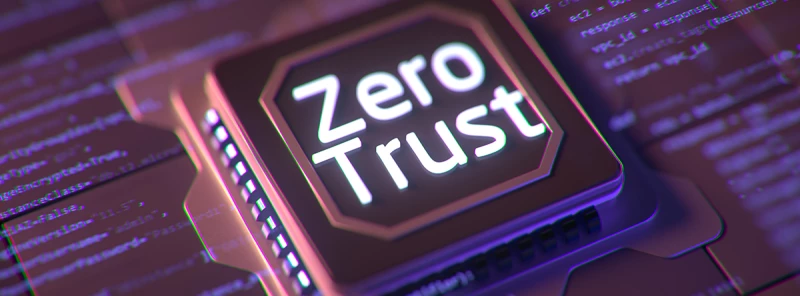Latest News
Keep up to date on the latest events in cyber and information securities from the perspective of individual experts within the field.
Keep up to date on the latest events in cyber and information securities from the perspective of individual experts within the field.

This blog discusses the concept of Data-Centric Security (DCS), focusing on securing data throughout its lifecycle, unlike traditional network-centric approaches. It emphasizes DCS as a strategic solution for organizations like the MOD, NATO, and their allies to ensure data security during transmission across different networks. The core of DCS revolves around controlling, protecting, and sharing data through encrypted metadata, access control, and encryption methods. However, the blog highlights a significant challenge: interoperability. To achieve seamless information sharing, standards for data transformation must be established, which poses difficulties due to the unique data formats used by different systems. The piece concludes by exploring the synergy between Data-Centric Security and Zero Trust architectures, proposing a combined approach to overcome interoperability issues and advocating for integrated security and interoperability standards.
Read more
Learn about the increasing risk of supply chain attacks and effective mitigation strategies for CISOs and cybersecurity professionals.
Read more
Discover the contrasts between Home Assistant and MOD's Single Information Environment in this insightful blog. From architecture to security, explore the challenges and solutions in home automation and military-grade information environments. Gain expert insights from Nexor's team for optimizing your setup and understanding modern complexities.
Read more
Discover the limitations of relying solely on WhatsApp for secure information exchange. Learn why a Secure by Design approach, like Nexor's, offers comprehensive security solutions beyond mere message encryption.
Read more
In the ever-evolving landscape of cyber security, Zero Trust often becomes entangled in technical jargon. For non-technical professionals, especially those in the boardroom, understanding it can be challenging. This article breaks down Zero Trust into three fundamental business-centric steps: verifying input, ensuring trustworthy processes, and demonstrating the reliability of outputs. Discover a pragmatic approach to business that resonates with business operations.
Read more
In this article, we discuss the pros and cons of a cross domain gateway, and the benefits of transitioning to a new approach – software defined gateways.
Read more
Explore communication challenges from rural connectivity to offshore experiences. The text delves into ongoing struggles in secure information exchange during emergencies (DDIL), proposing practical strategies like prioritizing messages, utilizing diverse channels, and adopting military-inspired labelling.
Read more
Standards are a good thing, but not all standards are good. To achieve interoperability, the communicating systems either needs to agree on a common format for data exchange, or a gateway needs to be deployed to convert from one formation to another. So, at a base level, standards are good – they enable you to agree a common format for data exchange.
Read more